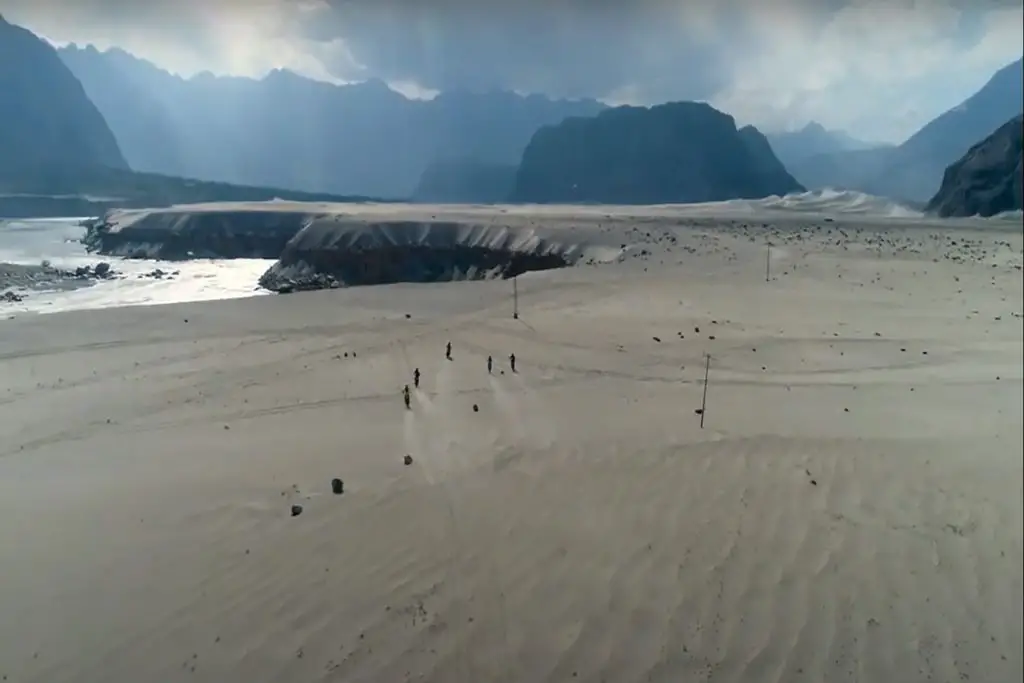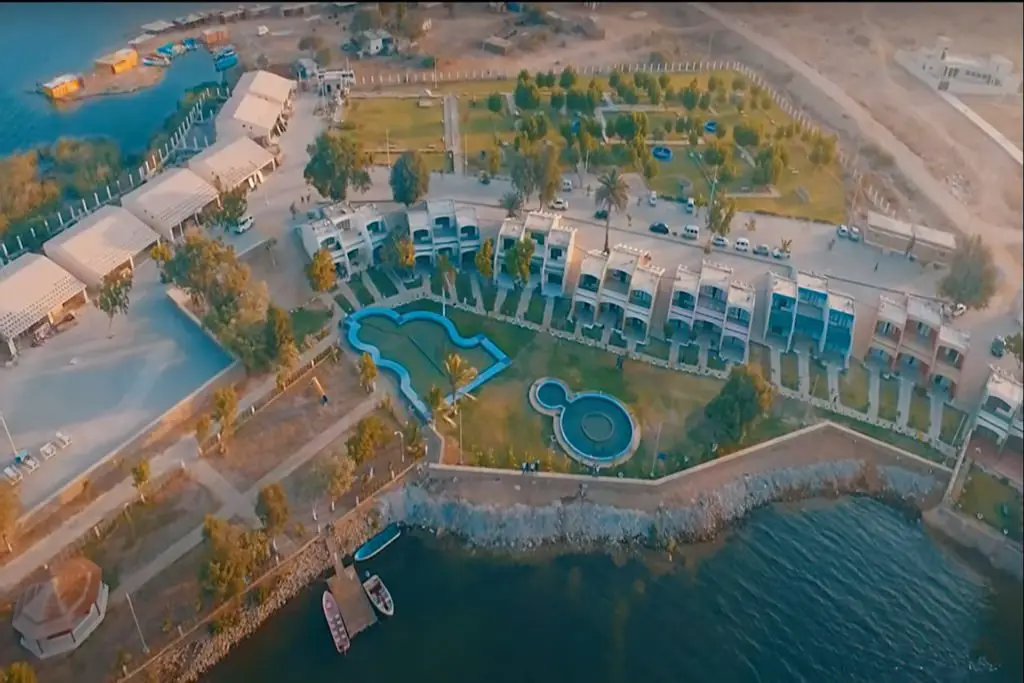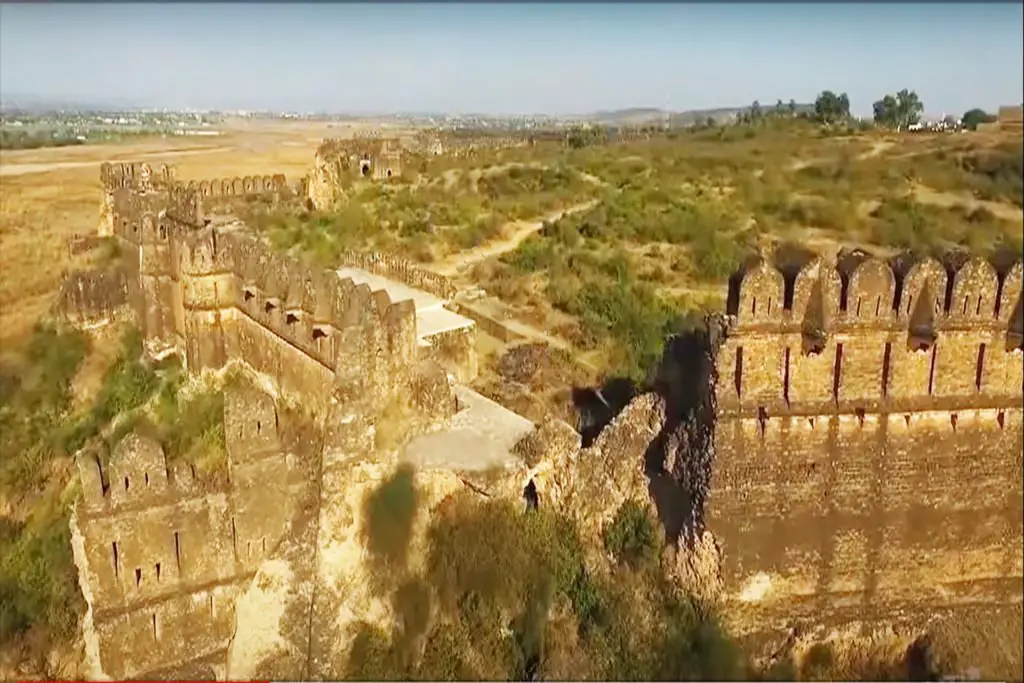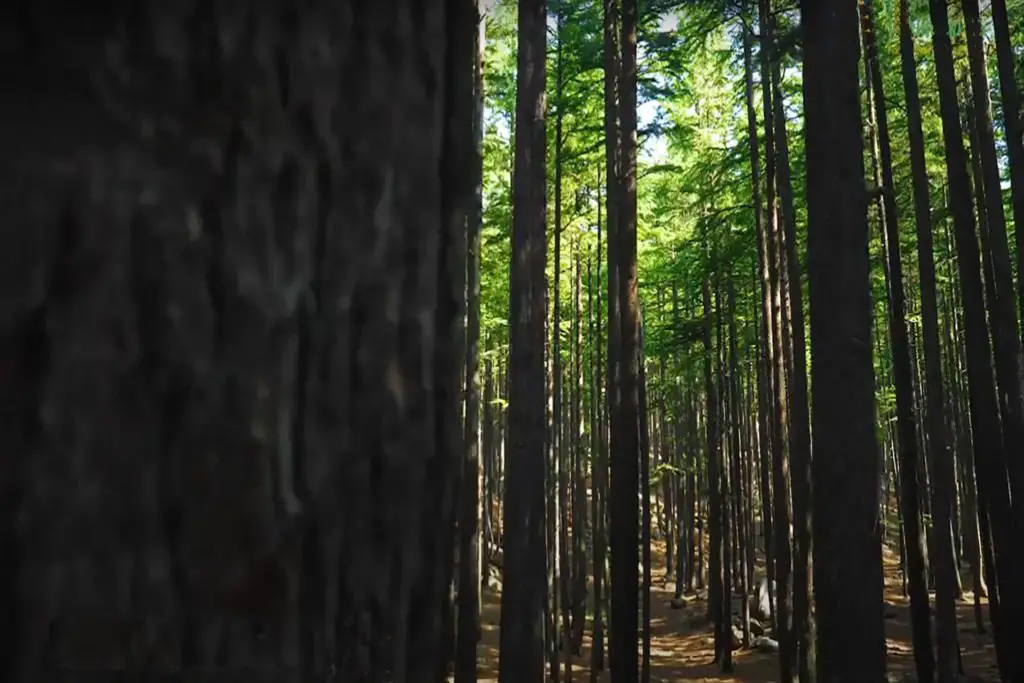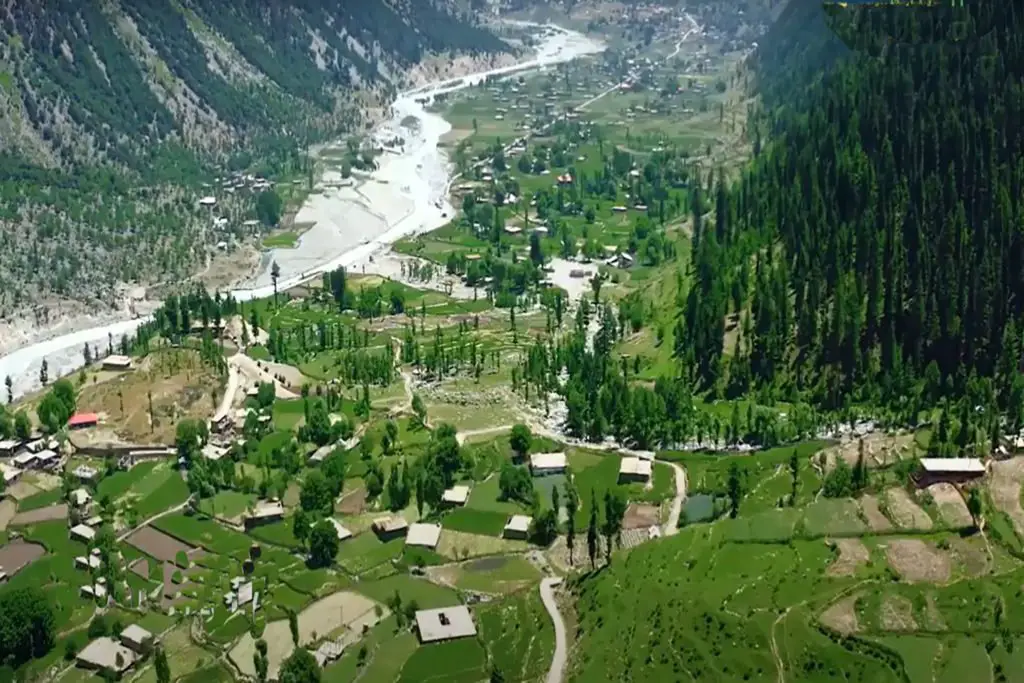Pakistan, a country rich in culture, history, and breathtaking landscapes, has been gaining attention as an emerging travel destination. From the towering peaks of the Karakoram Range to the ancient ruins of Mohenjo-Daro, Pakistan offers a unique and unforgettable experience. However, safety concerns often deter travelers from visiting.
So, is Pakistan safe for travelers? The answer isn’t a simple yes or no—it depends on various factors, including where you go, how you travel, and the current political and security situation.
Safety Overview: What Travelers Need to Know
1. Security Situation in Pakistan
Pakistan has faced security challenges in the past due to terrorism and political instability. However, in recent years, the government has significantly improved security, especially in major cities and tourist areas.
- Terrorism Risk: While attacks have decreased, some regions (particularly near the Afghan border) remain risky.
- Military & Police Presence: High-security measures are in place in cities like Islamabad, Lahore, and Karachi.
- Travel Advisories: Many Western governments (such as the US, UK, and Australia) advise caution but do not universally discourage travel.
2. Safest Places for Tourists
Some regions are considered much safer than others:
✔ Islamabad – The capital is well-guarded, clean, and modern.
✔ Lahore – Rich in Mughal history, with heavy security in tourist spots.
✔ Northern Areas (Gilgit-Baltistan, Hunza, Skardu) – Extremely safe and tourist-friendly, with a strong local hospitality culture.
✔ Karachi (with caution) – Pakistan’s largest city has improved security but requires vigilance.
3. Areas to Avoid
✖ Khyber Pakhtunkhwa (Certain Regions) – Near the Afghan border (e.g., former FATA areas) remains unstable.
✖ Balochistan (Except Ziarat & Quetta with Caution) – Kidnappings and militant activity occur.
✖ Sensitive Border Areas (Afghan & Indian Borders) – High military presence and occasional clashes.
Common Safety Concerns & How to Stay Safe
1. Crime & Scams
- Petty Theft: Pickpocketing can happen in crowded markets. Keep valuables secure.
- Scams: Some taxi drivers or vendors may overcharge foreigners. Use ride-hailing apps (Careem, Uber) and agree on prices beforehand.
2. Cultural Sensitivity & Harassment
- Dress Modestly: Especially for women, covering shoulders and knees helps avoid unwanted attention.
- Avoid Public Displays of Affection: This is frowned upon in conservative areas.
- Female Travelers: Solo female travel is possible but requires extra caution. Many women travelers report positive experiences, especially in the north.
3. Transportation Safety
- Road Travel: Traffic can be chaotic; accidents are common. Use reputable bus companies (Daewoo, Faisal Movers) for long trips.
- Domestic Flights: Safer and efficient for long distances (e.g., Islamabad to Skardu).
4. Health & Hygiene
- Drink Bottled Water: Avoid tap water to prevent stomach issues.
- Vaccinations: Recommended for hepatitis, typhoid, and polio.
- Air Pollution: Cities like Lahore have poor air quality in winter—consider a mask.
Positive Aspects: Why Pakistan is Worth Visiting
Despite safety concerns, Pakistan offers:
✅ Incredible Hospitality – Locals often go out of their way to help tourists.
✅ Stunning Nature – The Karakoram Highway, Fairy Meadows, and Swat Valley are breathtaking.
✅ Affordable Travel – Accommodation, food, and transport are very budget-friendly.
✅ Rich History – From Lahore Fort to Taxila’s ancient ruins, history buffs will be amazed.
Final Verdict: Should You Travel to Pakistan?
Yes, but with precautions.
- Stick to tourist-friendly areas.
- Stay updated on local news.
- Respect cultural norms.
- Consider traveling with a guide in remote regions.
Pakistan is transforming into a safer destination, and those who visit often leave with unforgettable memories. With proper planning, your trip can be both safe and extraordinary.
Would you travel to Pakistan? Share your thoughts in the comments!

